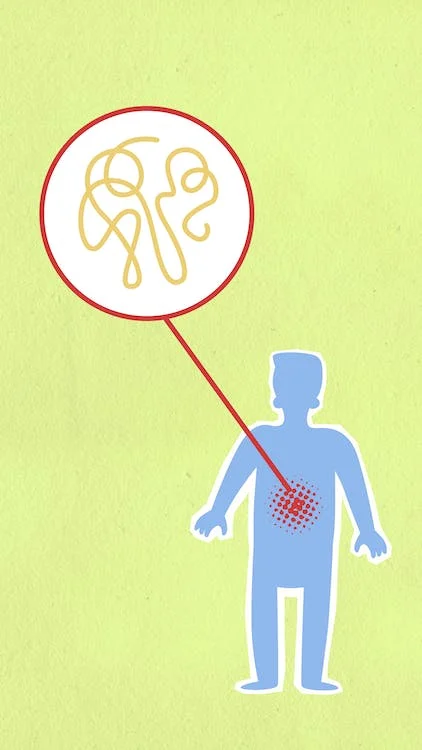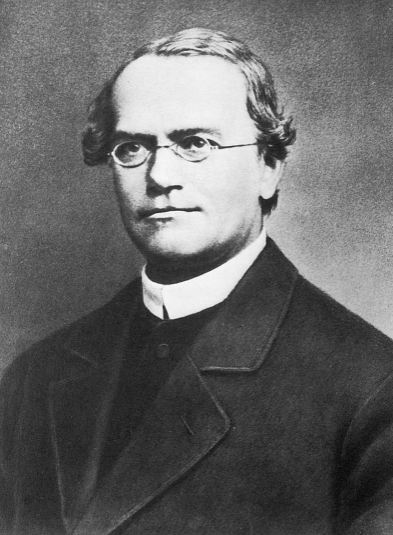It may not be new to us, but we all have our resemblances to our parents. Our appearances have similarities, which make us common in one way or another. This biological phenomenon is possible through heredity.
Heredity is the passing on of traits from parents to their offsprings, which is why scientists also call it ‘biological inheritance.’ This passing of traits is a process through asexual reproduction or sexual reproduction, wherein the organisms acquired the genetic information of the parents. Heredity plays an essential role in the origins of the human race, as well as understanding the biological features of our body. Because of this, scientists devote to its study in a field of science called genetics.
What is Genetics?
As mentioned earlier, genetics is a branch of medicine and biology devoted to the study of heredity, as well as genes and genetic variation in organisms. It aims to gain a deeper understanding of how genes function.
Genetics shows that genes work in living organisms, wherein they are responsible for inheriting features or traits from their ancestors. It explains why children would have physical resemblance from their parents, most likely because they have inherited their parents’ genes. This incredible process of passing on traits from parents to offsprings is the primary focus of genetics. Scientists aim to identify the inherited traits and how they continue to pass on and develop over the years.
Interestingly, traits are present in various features – wherein some are quickly identified, while some are difficult to distinguish. It is because some traits are a part of the organism’s physical appearance, which includes eye color, height, and weight. These physical features could are easier to distinguish even with the naked eye. On the other hand, some features require more sophisticated equipment to identify, and these include blood types, as well as resistance to diseases.
With all these said, we can say that genetics is a complicated branch of science, which involves several factors to understand fully. Besides this, this field of study heavily relies on the use of certain equipment and methods to gain more accurate and significant results.
What is the origin of genetics?
Similar to other branches of science, genetics also has a history that we may find interesting. Despite the necessary equipment and devices that scientists use in our modern world, we can trace back the history of genetics to prehistoric times.
During this time, people used to observe the inherited traits of various living things from their parents. They used this knowledge to develop the process of selective breeding, which improve crop plants and animals. However, prehistoric people still lack enough scientific information and equipment to build concrete knowledge about how genetics work. That is why there was no other evidence nor accounts that show the study of genes during prehistoric times.
Fast-forward to the 19th century when the scientist Gregor Mendel made a significant impact on the development of genetics. Mendel’s earliest works began when he studied the nature of inheritance in plants. His work consisted of inheritance patterns in pea plants along with a mathematical description, which is all included in his paper entitled ‘Experiment on Plant Hybridization. He presented this paper in 1865 to the Society for Research in Nature, which started building the foundations of modern genetics. Because of his excellent contributions to this field of study, he was often regarded as the ‘founder of modern genetics.’
Unfortunately, the works of Mendel did not receive the recognition it deserved during the 19th century. The extensive understanding of Mendel’s work started during the early 20th century – after the time of his death. This recognition of Mendel’s works was because of various scientists, such as Hugo de Vries, who rediscovered his works.
Moreover, the contributions of Mendel continued to gain recognition thanks to the English biologist William Bateson who was one of the leading advocates of Mendel’s works. Bateson was also responsible for coining the word ‘genetics’ in 1905 – which derived from the word genesis, which means ‘origin.’ He was the popularizer of this word and continued to study the works of Gregor Mendel and promote it to other scientists.
Over the years, many other scientists continue to develop the field of genetics. Despite the advanced stage of understanding that we have in our modern world, scientists who devote to the study of genetics continue to base on the works of Mendel.

